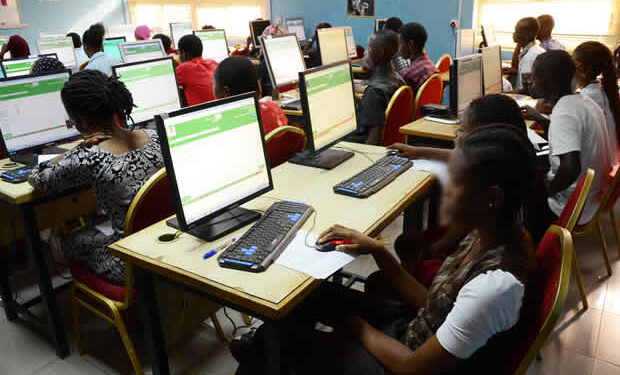In less than 24 hours after the Joint Admissions and Matriculation Board (JAMB) unveiled the results of the 2024 Unified Tertiary Matriculation Examination (UTME), revealing a disheartening 77% failure rate, Nigerians are delving into the underlying factors behind this disappointing outcome.
During a press conference held at the board’s headquarters in Bwari, Abuja, the Registrar of JAMB, Prof. Ishaq Oloyede, officially announced the release of the UTME results. Out of over 1.94 million candidates who registered and sat for the examination across 118 towns and over 700 centers nationwide, a staggering 77% of the 1,842,464 candidates whose results were disclosed scored below 200.
Providing a detailed breakdown, Oloyede disclosed that only 8,401 candidates achieved scores of 300 and above, while 77,070 scored 250 and above. Furthermore, 439,974 candidates managed to score 200 and above, leaving a significant majority with scores below the 200 benchmark.
The aftermath of this revelation saw Nigerians quickly pointing fingers at various factors contributing to the widespread failure. Social media emerged as a primary scapegoat, with many lamenting its pervasive influence on the younger generation’s study habits. Foundational Nupe Lawyer1, identified as @egi_nupe___ on Twitter, expressed dismay over the phenomenon, attributing the mass failure to the distraction posed by social media platforms like TikTok.
Others echoed similar sentiments, highlighting the detrimental effects of excessive social media usage on students’ academic performance. Concerns were raised about the decline in serious study habits, with calls for stricter measures to curb distractions and ensure academic focus.
Additionally, various individuals pointed out a range of issues beyond social media, including inadequate preparation, computer-related challenges during the exam, and the prevalence of examination malpractice. Calls were made for comprehensive investigations into the root causes of the high failure rate, with suggestions for reforms in examination scheduling and a renewed emphasis on developing students’ computer literacy skills.
As Nigerians grapple with the implications of this alarming failure rate, discussions continue on how best to address the multifaceted challenges facing the education system and ensure a brighter future for aspiring students.
























